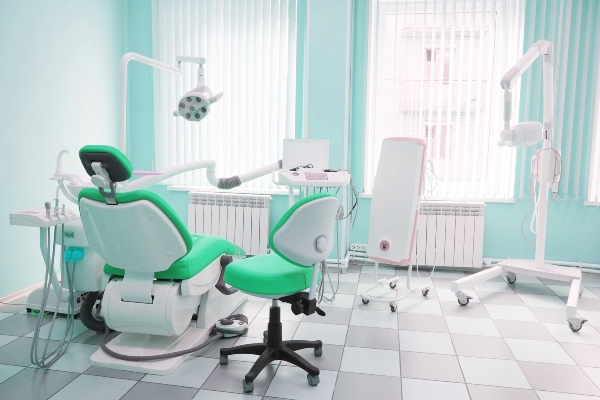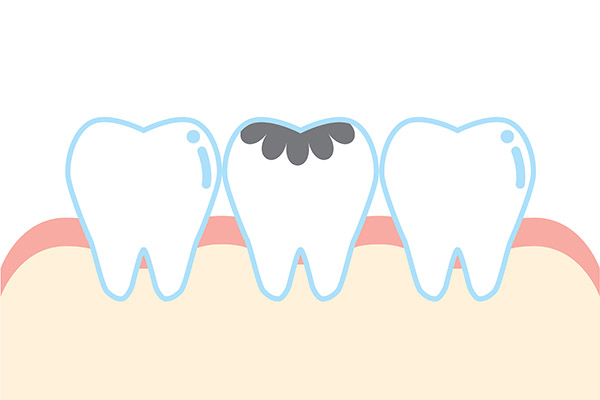 When sudden dental issues arise, visiting an emergency dentist is the best course of action for immediate treatment. Ignoring oral pain or trauma can lead to more serious complications, making immediate treatment essential. Whether caused by injury, infection, or a lost restoration, certain dental emergencies require prompt care to relieve discomfort and protect oral health. Here are the top five reasons to seek help from an emergency dentist.
When sudden dental issues arise, visiting an emergency dentist is the best course of action for immediate treatment. Ignoring oral pain or trauma can lead to more serious complications, making immediate treatment essential. Whether caused by injury, infection, or a lost restoration, certain dental emergencies require prompt care to relieve discomfort and protect oral health. Here are the top five reasons to seek help from an emergency dentist.
1. Severe tooth pain or sensitivity
Persistent tooth pain is among the most common reasons patients seek emergency dental care. Sharp, throbbing, or lingering pain may indicate an underlying issue, such as deep decay, an abscess, or nerve damage. Sensitivity to hot or cold temperatures can also indicate enamel erosion or an exposed tooth root. An emergency dentist can diagnose the cause of pain and provide immediate relief through treatment options such as fillings, root canals, or extractions.
2. Knocked-out or loose teeth
Trauma from accidents, sports injuries, or falls can result in a knocked-out or loose tooth. Quick action is essential, as the chances of saving a tooth decrease significantly after the first hour. If a tooth is knocked out, it should be placed in milk or a saline solution and brought to the emergency dentist as soon as possible. A loose tooth may indicate ligament damage, which also requires urgent care to prevent tooth loss.
3. Cracked or broken teeth
A cracked or broken tooth can occur due to biting down on hard foods, grinding teeth, or experiencing a facial injury. Depending on the severity of the fracture, the damage may extend into the inner layers of the tooth, exposing nerves and increasing infection risk. An emergency dentist will assess the extent of the damage and determine whether bonding, a crown, or a more advanced procedure is needed to restore the tooth’s function and appearance.
4. Dental abscess or infection
A dental abscess is a serious infection that develops at the tooth's root or along the gumline. Symptoms include intense pain, swelling, fever, and pus formation. If left untreated, the infection can spread to other areas of the body, leading to more severe health issues. An emergency dentist will drain the abscess, prescribe antibiotics if necessary, and perform additional treatment, such as a root canal, to eliminate the infection and prevent further complications.
5. Lost or damaged dental restorations
Fillings, crowns, and bridges help maintain tooth structure; losing or damaging them can cause discomfort and increase the risk of infection. If a crown or filling falls out, the exposed tooth may become sensitive to temperature changes or pressure. Promptly visiting an emergency dentist ensures the patient receives a restoration replacement before further damage occurs.
Do Not Ignore a Dental Emergency
Prompt treatment from an emergency dentist can prevent long-term complications and preserve oral health. Addressing pain, injury, or infection early improves the chances of successful treatment and minimizes the need for more invasive procedures. For more information or to schedule a consultation visit, call or visit Inna Goykman-Amir DDS.
Request an appointment or call Inna Goykman-Amir DDS at 718-416-6364 for an appointment in our Brooklyn office.
Related Posts
An emergency dentist provides urgent care for individuals experiencing sudden dental issues that require immediate attention. Understanding what qualifies as a dental emergency can help patients determine when to seek professional help. While some dental problems may seem urgent, others can be addressed with routine care. Whether due to a sudden injury, severe pain, or…
A dental emergency can happen at any time. Fortunately, an emergency dentist provides immediate treatment to alleviate pain, prevent potential complications, and restore oral health. Delaying treatment can lead to further damage, making it essential to address issues as soon as they occur. Below are five reasons to visit an emergency dentist.Persistent or intense tooth…
An emergency dentist offers urgent and specialized care for unplanned dental issues, especially when severe pain or sudden trauma requires immediate attention. These situations can feel overwhelming and may raise many questions about what to expect and how to prepare. Therefore, it is good to have a list of questions to ask before arriving at…


